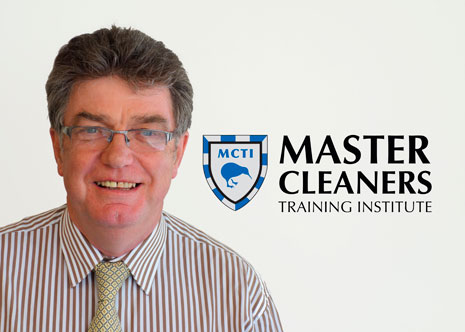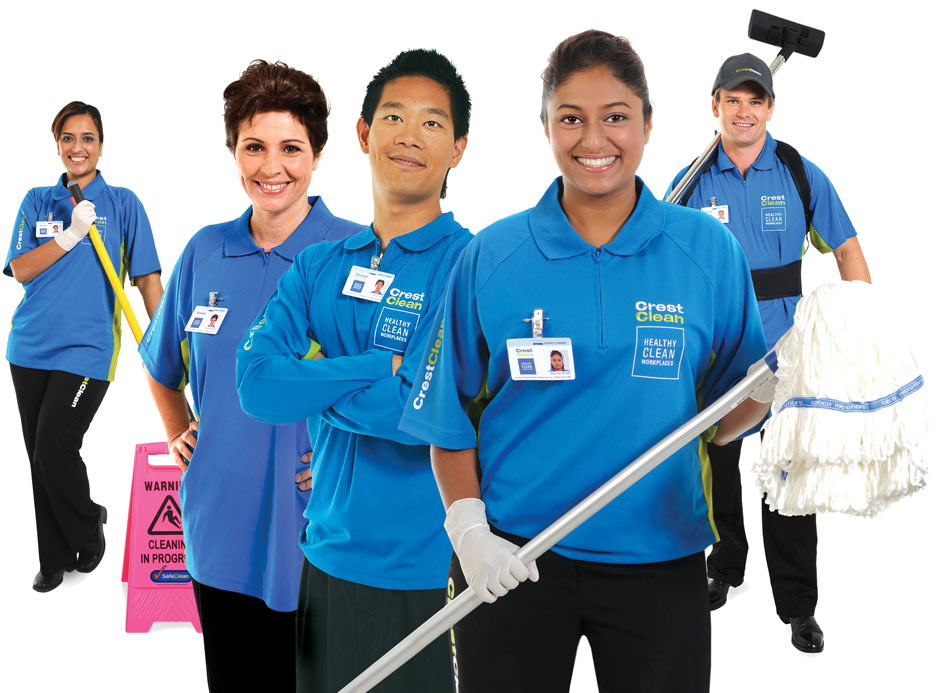Best practice essential in the fight against cross-contamination
As recently published in INCLEAN NZ Magazine:

Master Cleaners Training Institute CEO Adam Hodge.
Workers and cleaners have an equal role to play in the prevention of cross-contamination in the workplace.
It is estimated that one in three will catch the current flu virus this year, which could have a major impact on a firms productivity levels.
The best way to prevent the spread of the flu virus is to do so by preventing cross-contamination – the transfer of bacteria from one surface to another.
This is particularly relevant in office environments that involve hot desking or Activity Based Workplaces (ABW).
While hot desking and ABW may increase productivity, the hot desk can become a hot bed of bacteria, which can result in sick days that eat into productivity gains.
The increase in the number of people who eat meals while sitting at their desks can result in these areas becoming bacteria cafeterias.
The average keyboard can have up to 14 times the amount of dirt and germs compared to an average toilet – emphasizing the need for proper cleaning processes and procedures to help prevent the spread of bacteria.
Our hands are responsible for the spread of 80% of common infectious diseases. At least 40% of workers do not wash their hands for long enough. Training in proper hand washing techniques should be implemented, as it is one of the most effective ways of preventing cross-contamination.
We need to ensure that our cleaners are not only trained but can demonstrate competency in the use of processes and procedures that are designed to prevent cross-contamination
including the use of a colour-coded system of control.
The British Institute of Cleaning Science (BICSc) Cleaning Professional Skills Suite (CPSS) assessment, which is offered by the Master Cleaners Training Institute, incorporates the use of a colour-coded system for training and assessment.
To be awarded a CPSS Certificate of Competency, the trainee must be able to demonstrate competency and understanding of the colour-coded system.
Training and assessment of the CPSS incorporates processes and procedures, which include a colour-coded system for cloths and equipment where a particular colour is used in a particular area.
For example: a red cloth is used for toilet areas, a yellow cloth is used for washrooms, a green cloth is used for kitchen areas, and a blue cloth for general dusting.
The colour-coded system works in tandem with best practice processes i.e. Clean to Dirty and Top to Bottom. Using a colour-coded system gives the paying customer, just by observation, an easily auditable tool to ensure compliance by their cleaners with the agreed processes and procedures.
As well as training and assessment in colour-coded systems, MCTI trainees are also trained in the correct use of PPE. For example, MCTI trainees are trained to wear disposable gloves while they carry out their duties. Once individual tasks are completed the gloves are removed, hands are washed and a pair of fresh gloves are put on. This is an example of best practice in the fight against cross-contamination.
Processes and procedures could be nullified if the cleaner does not understand how to select the correct chemical or equipment for the task, how to prepare and use the chemical selected at the correct dilution rate adhering to the manufacturers instruction, how to check, use, clean and store the proper equipment and materials, all while following safe working procedures when carrying out their cleaning duties.
It is vital cleaners are trained and demonstrate competency in all of these tasks if they are to keep themselves, their customers and the public safe while they carry out their normal cleaning duties.
Managers or PCUB’s who fail to ensure that their staff or contractors have received the relevant documented training are playing Russian roulette with the Health and Safety of their staff and customers. They are also putting the success of their business at risk.


